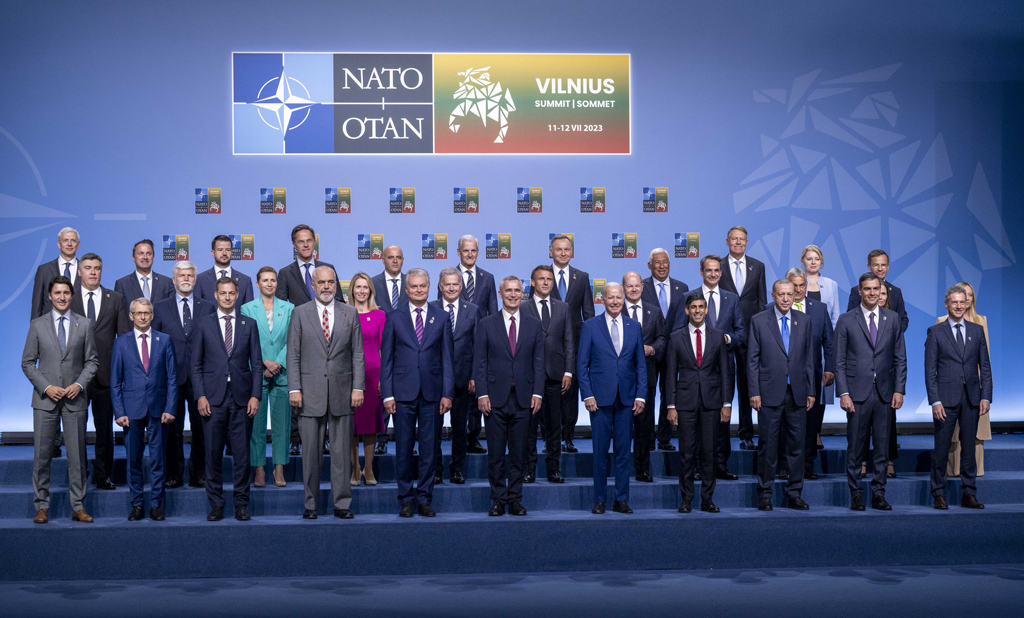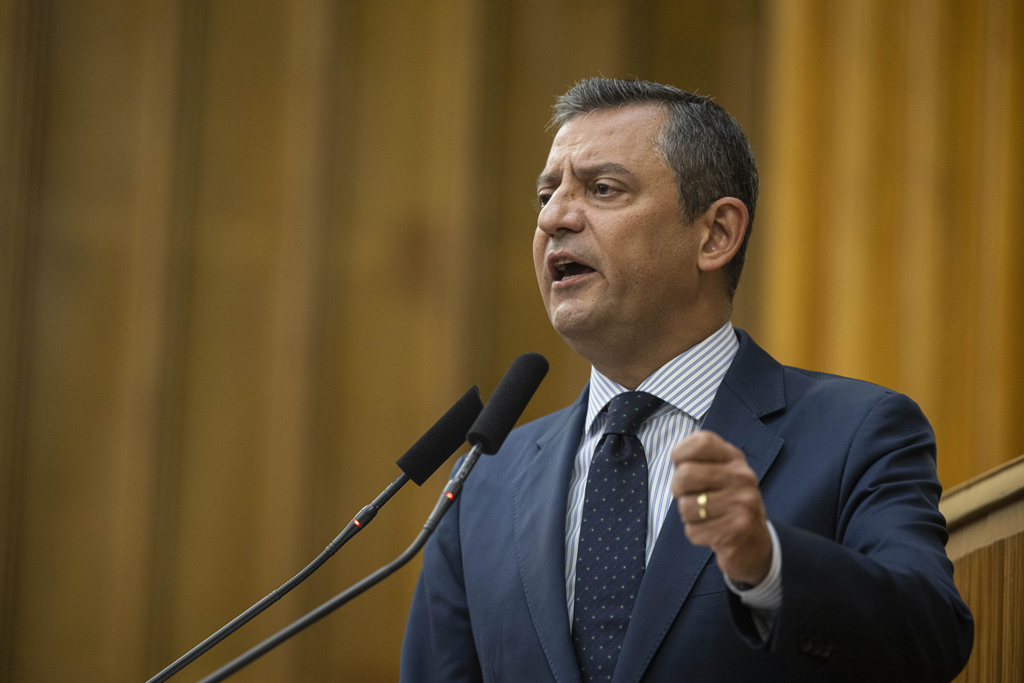Ahead of last month’s elections in Türkiye, I argued that the tug of war between the opposition Republican People’s Party (CHP) and the Good Party (IP) over the joint endorsement of a presidential candidate had morphed into
a lose-lose situation.
Indeed, CHP Chairperson Kemal Kılıçdaroğlu successfully sidelined the mayors of Istanbul and Ankara,
Ekrem Imamoğlu and Mansur Yavaş, to force the opposition bloc to endorse his presidential bid – which caused the IP chairperson Meral Akşener to leave the alliance before quickly rejoining it due to severe harassment.
That episode was among the main reasons behind the opposition leaders’ defeat in the most recent elections. Obviously, all members of the opposition bloc suffered setbacks in one way or another. Yet Akşener will hold people accountable for what happened after the IP’s upcoming congress.
Triggered by Kılıçdaroğlu’s defeat, the debate over "change" drags the main opposition party into a lose-lose situation. After all, comprehensive change involving the top level would fuel chaos and cost them the municipal elections. In contrast, change that stops short of replacing the chairperson won’t be enough to alleviate the disappointment and anger among CHP voters.
Let us also recall that there is very limited time left until the next election campaign. That is why Imamoğlu’s calls for taking stock of what happened and leading the change became the top item on the nation’s political agenda – in the form of CHP’s crisis. Inevitably, all media personalities ask what the opposition intends to do.
Magical wave of 'change'
Kılıçdaroğlu, who snatched the CHP leadership by riding the magical wave of "change," lost 13 elections before facing calls for change himself. It goes without saying that the main opposition party is experiencing a multi-dimensional crisis. Many issues, including leadership, ideology, identity, policy and vision, constitute parts of the "change" package.
Seeking to "coach" that change, Kılıçdaroğlu wants to remain in charge until the municipal elections and make a decision in light of the election results. Specifically, the CHP chair assumes that his party’s potential preoccupation with the leadership race would result in the loss of mayoral races in Istanbul and Ankara. Experts also claim that Imamoğlu stepping down as Istanbul’s mayor would cause a backlash among voters – an opportunity that the Justice and Development Party (AK Party) might seize.
Judging by leaks to the Turkish media, Kılıçdaroğlu and Imamoğlu are making progress toward a mutually acceptable road map. There is an ongoing attempt to sell voters on the possibility of Imamoğlu running for mayor in Istanbul and replacing Kılıçdaroğlu as chairperson after winning that race.
Obviously, that idea would strengthen the CHP chairperson’s hand by enabling him to play for time, alleviate the initial pressure, and get reelected as chair to handpick mayoral candidates.
Imamoğlu, CHP in a lose-lose trap
Kılıçdaroğlu already showcased his ability to chart courses during the "table for six" meetings. Having formed a "grand coalition" against Erdoğan and forced Akşener to accept his terms, the CHP chairperson has now dragged Imamoğlu and the CHP itself into a lose-lose situation.
Istanbul’s mayor
possibly faces a ban from politics and does not have enough room for political maneuvering. If he were to step down as mayor and assume the main opposition party’s leadership, he could end up losing both jobs. The possibility and timeline of a ban makes it difficult for Imamoğlu to chart his course. The risks remain the same whether he aims for re-election or CHP’s leadership. Either way, it remains unclear what exactly he proposes in terms of change.
Right now, the claim that the opposition could have won last month’s elections by nominating Yavaş or Imamoğlu instead of Kılıçdaroğlu is but a consolation prize. There is no reason to downplay what Kılıçdaroğlu did to win that race. What could Imamoğlu have done differently if he had received the opposition bloc’s endorsement himself? It is no secret that he has lost momentum since becoming Istanbul’s mayor and performed poorly over the last four years.
The main opposition party finds itself trapped by
the question of change today – much like the opposition bloc dug itself into the hole of the "joint presidential candidate" debate ahead of last month’s election. The main challenge is as follows: the lack of comprehensive change comes with a heavy price tag. Yet such changes entail serious risks as well.
Meanwhile, the ruling People’s Alliance, which won the parliamentary majority and the Presidency, has already started working on its
municipal election campaign. This is a lose-lose situation par excellence.
[Daily Sabah, June 19 2023]









